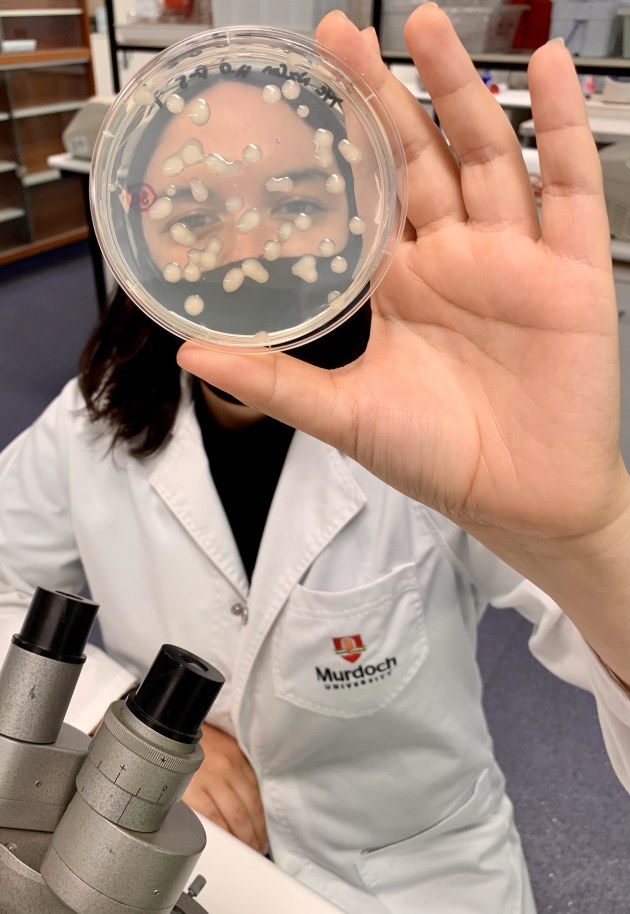CSIRO, Australia’s national science agency, and Murdoch University have established the Bioplastics Innovation Hub, an $8 million initiative focused on developing 100 per cent compostable plastics.
The Hub, based at Murdoch University’s Perth campus, aims to produce bioplastics that can fully degrade in compost, land, or aquatic environments, addressing the global challenge of plastic waste.

Dr Andy Whiteley, research program director at CSIRO, stated that the Hub will harness expertise in fields such as microbiology, molecular genetics, synthetic biology, biochemical engineering, and advanced manufacturing to create packaging solutions that can break down completely in various environments. “Our primary focus is on developing bio-derived packaging, including sprays, films, bottles, caps, and wrappers, engineered to fully break down in compost, land, and aquatic environments,” Whiteley said.
A significant area of work within the Hub involves a collaboration with Ecopha Biotech Pty Ltd, based in Western Australia. The partnership aims to develop a new process for producing water bottles from compostable bioplastics, utilising waste products from the food industry.
Professor Peter Eastwood, deputy vice-chancellor of Research & Innovation at Murdoch University, emphasised the importance of bioplastics in addressing the plastic waste crisis. “Together with CSIRO, Murdoch University will fast-track the production of novel compostable bioplastic and introduce a green plastic to the market, which will significantly minimise the requirement for non-sustainable plastic production,” he said.
The Hub’s efforts also align with CSIRO’s goal of reducing plastic waste entering the Australian environment by 80 per cent by 2030, contributing to the country’s commitments under the United Nations Global Treaty on plastic pollution and the National Plastics Plan.
Dr Deborah Lau, CSIRO’s Ending Plastic Waste lead, highlighted the broader implications of this work. “It is critical to address the growing problem of plastic waste and reduce its environmental footprint. Bioderived and compostable plastics are an important part of the solution,” Lau said.
The Bioplastics Innovation Hub is also focused on training the next generation of the workforce in advanced bio manufacturing, supporting Australia’s future capabilities in sustainable production.






